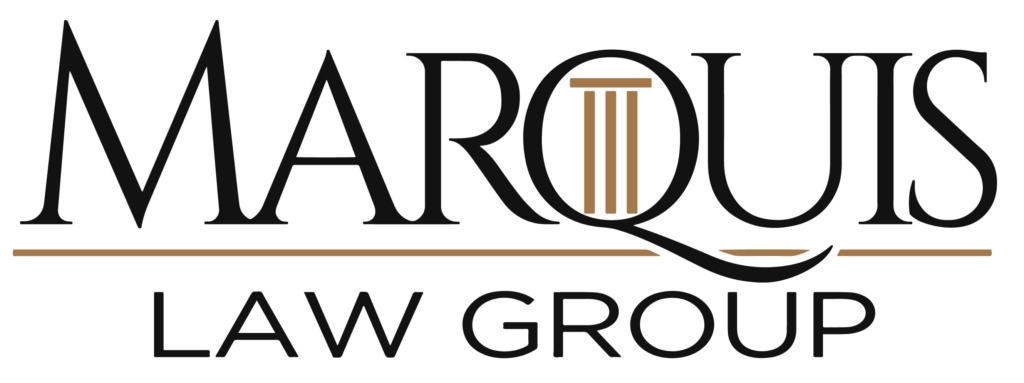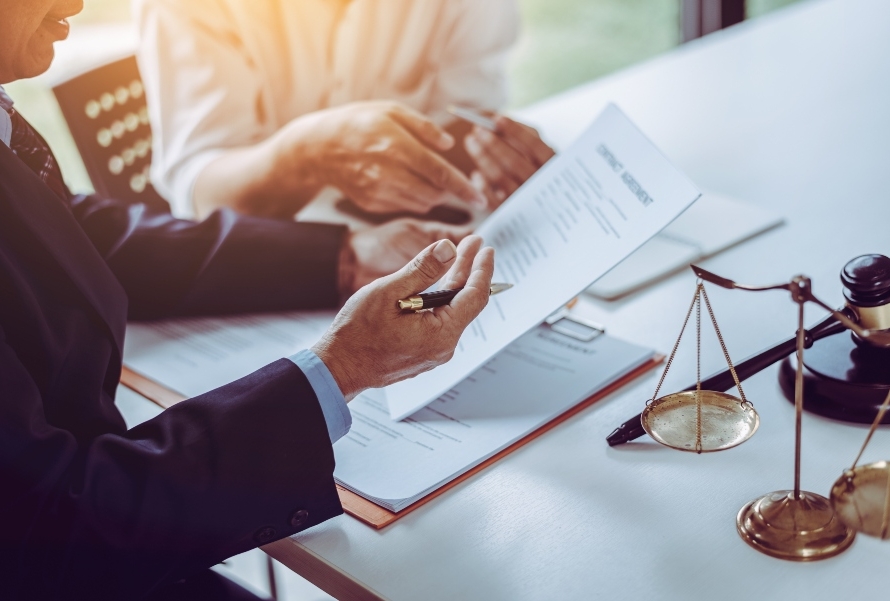 Beyond a reasonable doubt. Those four words are the cornerstone of the American criminal justice system. They express the standard a prosecutor must meet to convict someone of a crime. If you’ve committed a crime, you’re entitled to a fair trial and a robust criminal defense–even if you’re guilty. It’s one of the founding principles of American democracy and part of the code of conduct defense attorneys live by. If you’re charged with a crime, it’s essential to be truthful with your defense attorney. A professional attorney understands that criminal cases are complicated. Their role is to provide you with the best possible defense–whatever the circumstances.
Beyond a reasonable doubt. Those four words are the cornerstone of the American criminal justice system. They express the standard a prosecutor must meet to convict someone of a crime. If you’ve committed a crime, you’re entitled to a fair trial and a robust criminal defense–even if you’re guilty. It’s one of the founding principles of American democracy and part of the code of conduct defense attorneys live by. If you’re charged with a crime, it’s essential to be truthful with your defense attorney. A professional attorney understands that criminal cases are complicated. Their role is to provide you with the best possible defense–whatever the circumstances.
Should I Admit Guilt to My Defense Attorney?
It’s almost always advisable to tell your lawyer the whole truth about your case, even if you’ve committed a crime. Giving your lawyer all the facts helps them craft the best defense by raising reasonable doubt. Even when a client admits guilt, there are usually many mitigating circumstances that can come into play. Does self-defense come into play? Was there abuse or other events that could change how the court sees the case?
Attorneys can’t give evidence they know is false or allow their clients to commit perjury (intentionally lying to the court). However, there are ways to defend your client without lying–even if they have admitted guilt. Attorneys often make successful cases by focusing on police misconduct, prosecutor errors or problems with evidence.
Remember, maintaining confidentiality is a fundamental part of a lawyer’s job. With a few exceptions, your lawyer can’t share anything publicly without your permission. So whatever you tell them will be kept in confidence unless you and your attorney decide to use it in court.
Should I Tell My Lawyer Everything In a Divorce Case?
Divorce is another situation where telling the truth is almost always the best policy. If you hide information, you could hurt your case. Telling your attorney about potential problems and weak spots helps your lawyer prepare for litigation or mediation. It’s essential to look for potential areas of contention with your divorcing spouse and be ready. Share information about:
- Finances, including assets you’ve hidden from your spouse
- Infidelity
- Domestic violence or abuse allegations
Sharing issues with your lawyer leaves them in the best position to argue for you. An honest discussion can help you achieve the settlement you deserve and the desired outcome in custody matters.
 Will My Lawyer Judge Me For Bad Choices?
Will My Lawyer Judge Me For Bad Choices?
Some clients worry that their lawyer will be judgmental or not give the case the effort they deserve if they admit guilt. However, that couldn’t be further from the truth. Experienced defense attorneys understand that everyone has the right to a vigorous defense. Mitigating circumstances can make guilty clients less likely to be convicted. Similarly, in divorce cases, clients may feel uncomfortable. But it’s always better to give your attorney a complete picture than to be blindsided by your spouse’s lawyer. Your attorney is a professional–it’s not their role to pass judgment. Their job is to defend you to the best of their ability. Your lawyer is trained to ask pertinent questions, but if there is information or witnesses you believe could help your case, speak up and volunteer information. Remember, your lawyer is on your side.
The Importance of a Robust Defense
Even if you have done something wrong, you deserve a fair trial. Every qualified criminal lawyer understands this essential fact. When you meet with your lawyer, tell the truth, even if you’re embarrassed. There’s a strong chance your openness will help your case. Keep in mind that whatever you’ve done, most attorneys have seen worse. There’s no need for embarrassment as we work together to present the strongest possible case.
The Laurel Brigade Law Group represents every client with efficiency and compassion. Our mission is to communicate your story effectively and transparently to help you win your case. We’ll do our best to make you comfortable and at ease as we move forward together.



